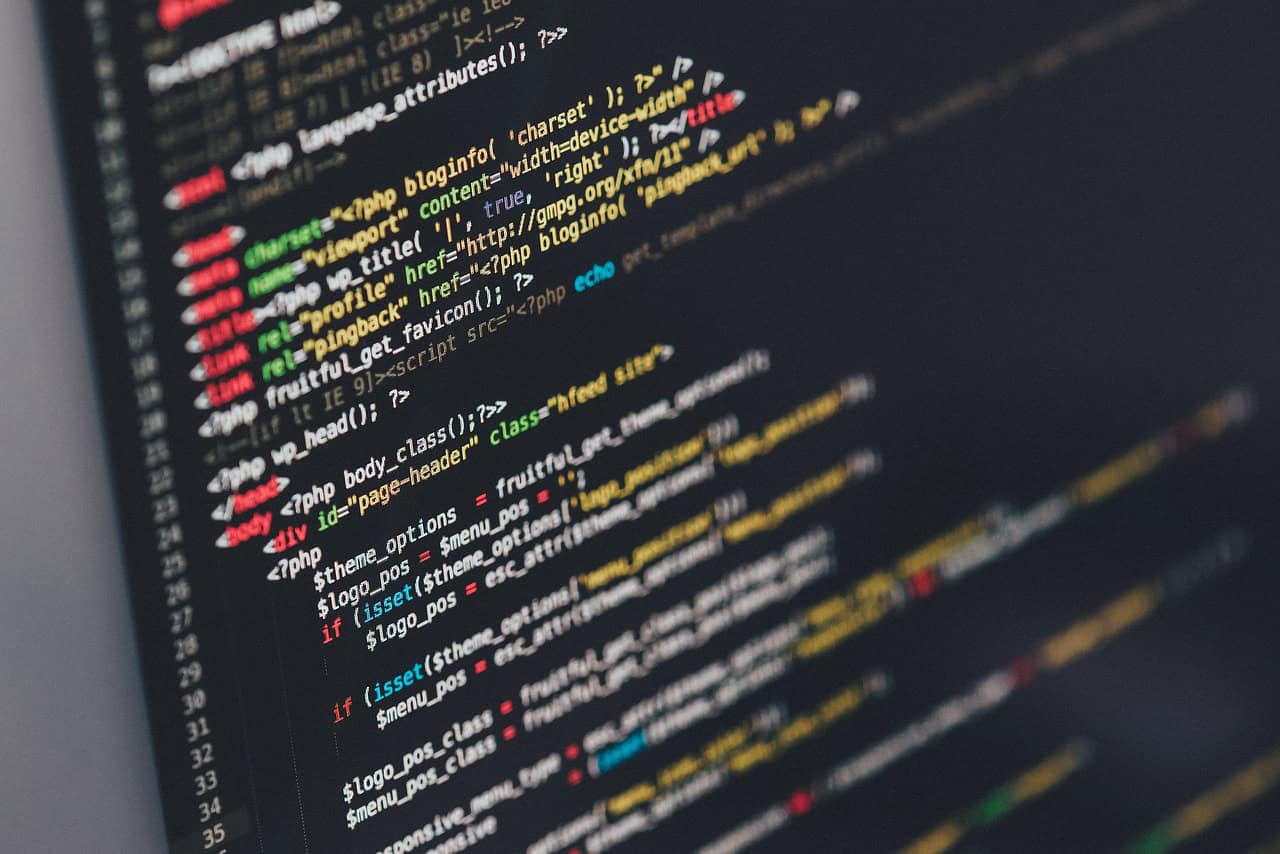Introduction to Python Web Development
Python is a versatile and popular choice for web development, offering a robust ecosystem of frameworks, libraries, and tools that simplify the development process. This guide will explore the basics of Python web development, key frameworks, learning resources, and tips for beginners.
What is Python Web Development?
Python web development involves creating web applications and websites using Python. It focuses on server-side logic, handling HTTP requests and responses, managing data storage, implementing business logic, and rendering dynamic content.
Why Use Python for Web Development?
- Ease of Use: Python is known for its simplicity and readability, making it an excellent choice for beginners.
- Versatility: Python supports a wide range of applications, from web development to data science.
- Ecosystem: Python has a vast ecosystem of libraries and frameworks that facilitate web development.
Key Python Web Development Frameworks
Django
Description: Django is a high-level framework that provides an out-of-the-box solution with features like ORM, template engine, and authentication.
Use Cases: Ideal for complex, scalable web applications where rapid development is crucial.
Learning Resources: The official Django documentation and tutorials are excellent starting points.
Flask
Description: Flask is a lightweight framework that allows for more flexibility and customization.
Use Cases: Suitable for smaller applications or prototyping where simplicity is preferred.
Learning Resources: Check out Codecademy’s Flask course and RealPython’s tutorials.
Other Frameworks
Pyramid, Bottle, and CherryPy are also popular choices, each with their unique features and use cases.
Learning Resources for Python Web Development
Books
- “Python Crash Course” by Eric Matthes: Offers a comprehensive introduction to Python, including web development with Django.
- “Automate the Boring Stuff with Python” by Al Sweigart: Focuses on practical applications of Python, though not exclusively web development.
Online Courses and Tutorials
- FreeCodeCamp: Provides interactive coding challenges and a community forum for support.
- RealPython: Offers in-depth tutorials and articles on Python web development techniques.
- edX Course: “Web Programming with Python and JavaScript” by Harvard is a valuable resource for beginners.
Video Tutorials
YouTube channels like Corey Schafer’s Python Tutorials and Traversy Media offer excellent video content for learning Python and web development.
Tips for Learning Python Web Development
- Start with Python Basics: Ensure you have a solid grasp of Python fundamentals before diving into web development.
- Choose a Framework: Select a framework based on your project needs. Flask is great for beginners, while Django is ideal for complex applications.
- Practice with Projects: Engage in project-based learning to apply theoretical knowledge practically.
- Join Communities: Participate in forums like Reddit’s r/learnpython and Stack Overflow to connect with other developers and get help when needed.
- Stay Updated: Follow industry blogs and attend webinars to stay informed about the latest trends and tools in Python web development.
Conclusion
By following these tips and utilizing the recommended resources, beginners can effectively learn Python web development and start building their own web applications. For more in-depth guides, check out our resources on Python web development for beginners and advanced techniques and frameworks.
Python Web Development Projects and Real-World Applications
Key Projects
- Blog Platform: Build a fully functional blog using Django. This project will involve user authentication, creating, editing, deleting posts, and managing comments.
- Personal Portfolio Website: Create a static portfolio site using Flask that showcases your work and projects, with an option for users to contact you.
- REST API Development: Develop a RESTful API using Django REST framework that can handle CRUD operations for a resource such as books or movies.
- E-commerce Website: Construct an e-commerce platform using Django, implementing features like product listings, cart functionality, and user checkout processes.
Python Code Examples
Blog Platform with Django
from django.db import models
class Post(models.Model):
title = models.CharField(max_length=100)
content = models.TextField()
created_at = models.DateTimeField(auto_now_add=True)
def create_blog_post(title, content):
new_post = Post(title=title, content=content)
new_post.save()
Flask Portfolio Website
from flask import Flask, render_template
app = Flask(__name__)
@app.route('/')
def home():
return render_template('index.html')
if __name__ == '__main__':
app.run(debug=True)
REST API with Django REST Framework
from rest_framework import serializers, viewsets
from .models import Book
class BookSerializer(serializers.ModelSerializer):
class Meta:
model = Book
fields = ['id', 'title', 'author', 'published']
class BookViewSet(viewsets.ModelViewSet):
queryset = Book.objects.all()
serializer_class = BookSerializer
Real-World Applications
Python web development has numerous real-world applications, ranging from small personal projects to large-scale enterprise solutions. Here are some notable examples:
- Content Management Systems (CMS): Many CMS platforms are built using Django, providing businesses with custom solutions for managing their online content.
- Data Visualization Dashboards: Python can be utilized to create web applications that visualize complex datasets, helping organizations make data-driven decisions.
- Social Media Platforms: Some social media applications leverage Python for server-side logic, allowing for quick and efficient handling of user requests and data.
- Financial Applications: Many fintech companies utilize Python for building web applications that handle transactions, investments, and analytical tools.
Next Steps
Now that you have a foundational understanding of Python web development, it’s time to take your skills to the next level. Start by selecting a project that sparks your interest; this could be a personal website, a blog, or a small web application. Choose a framework like Django for a more structured project, or experiment with Flask for something lightweight and customizable.
Additionally, consider exploring other resources such as this comprehensive guide on web development in Python, which provides further insights into best practices and advanced techniques. Joining forums and communities will also enrich your learning experience, allowing you to collaborate and share ideas with fellow developers.
Finally, keep practicing and stay updated on the latest trends in the industry. Regularly check blogs and tutorials to polish your skills and learn about new tools in Python web development. Happy coding!
